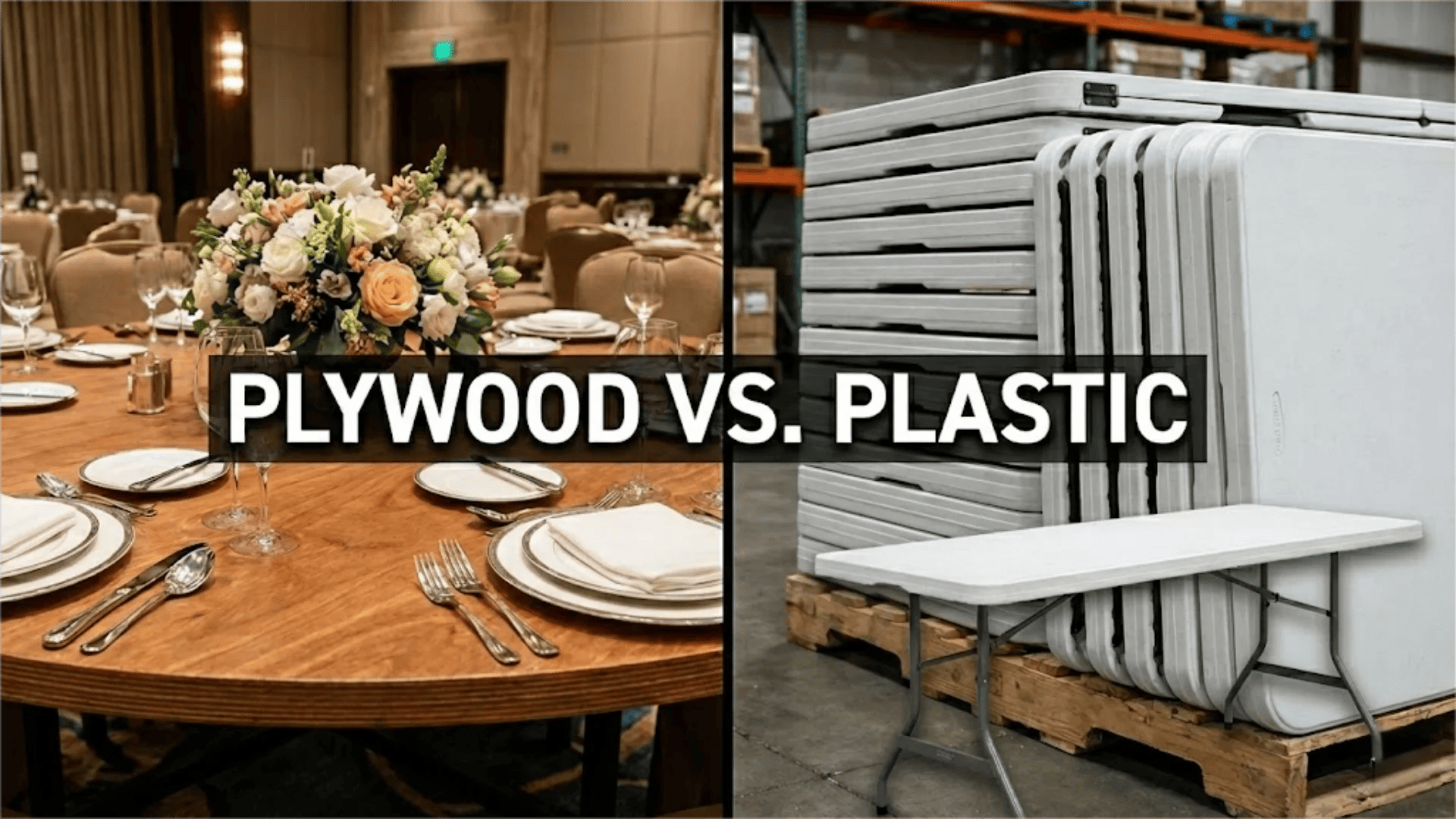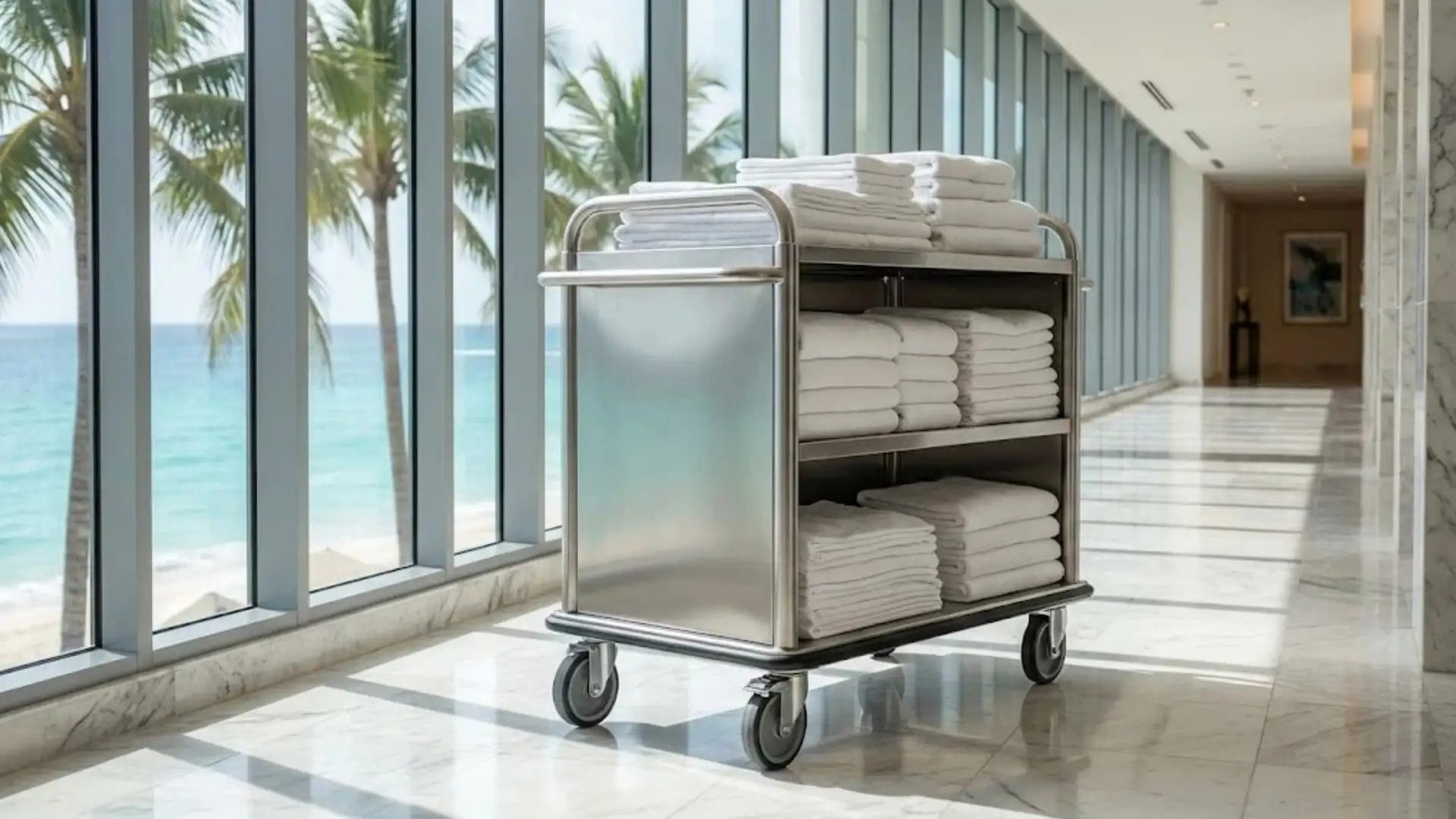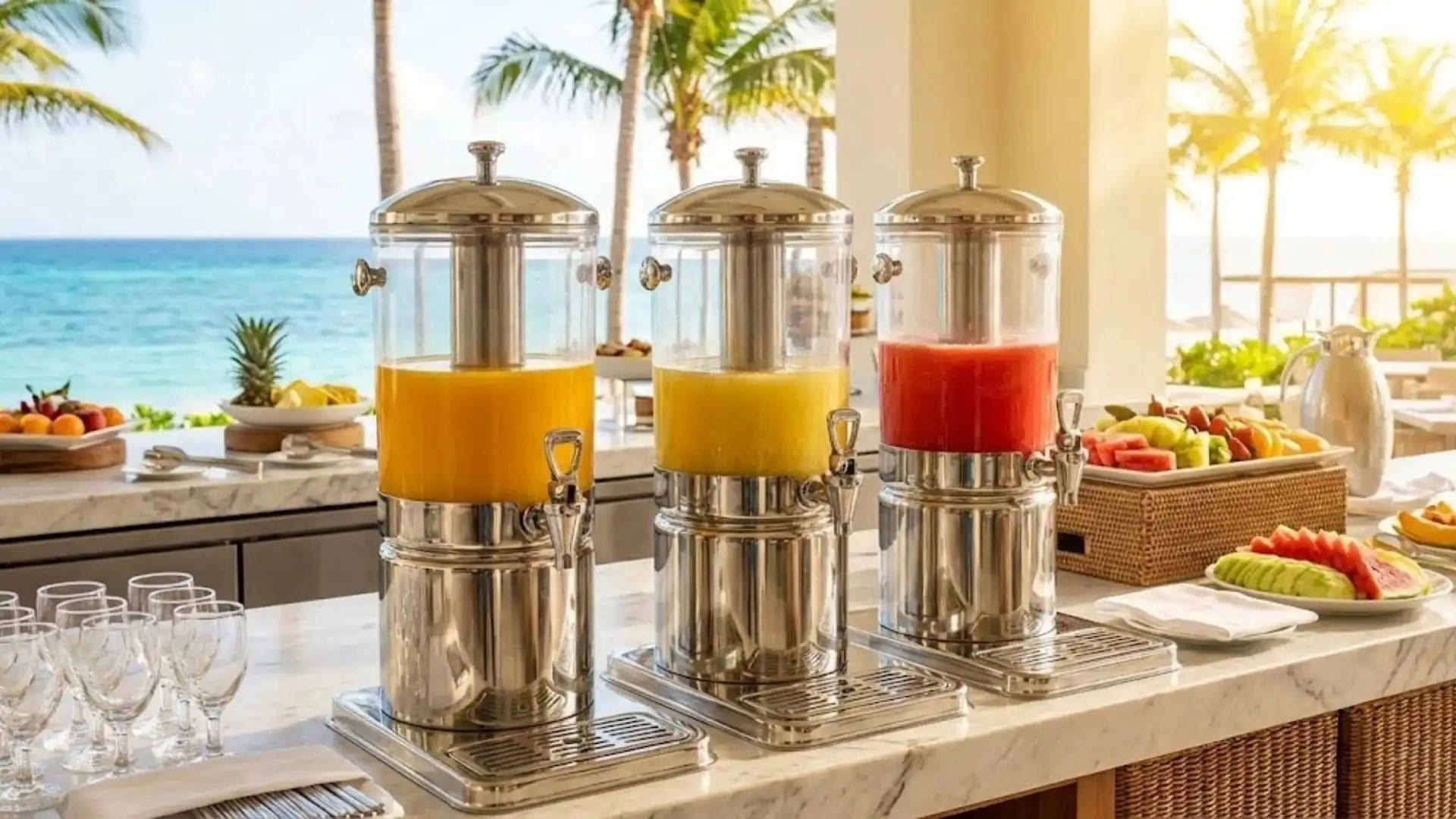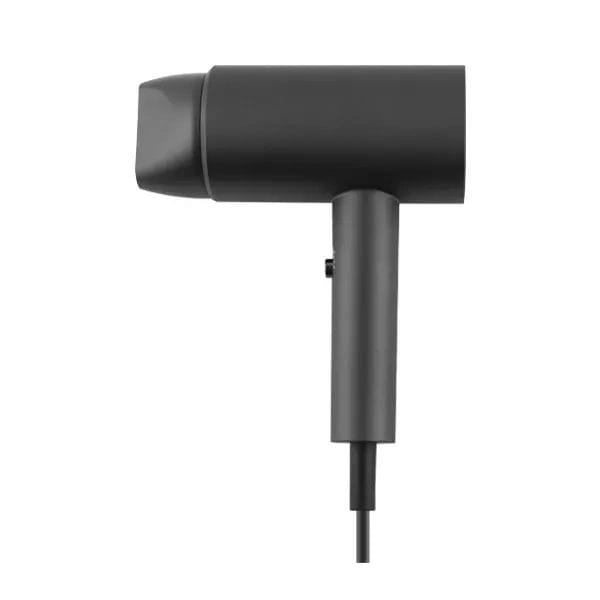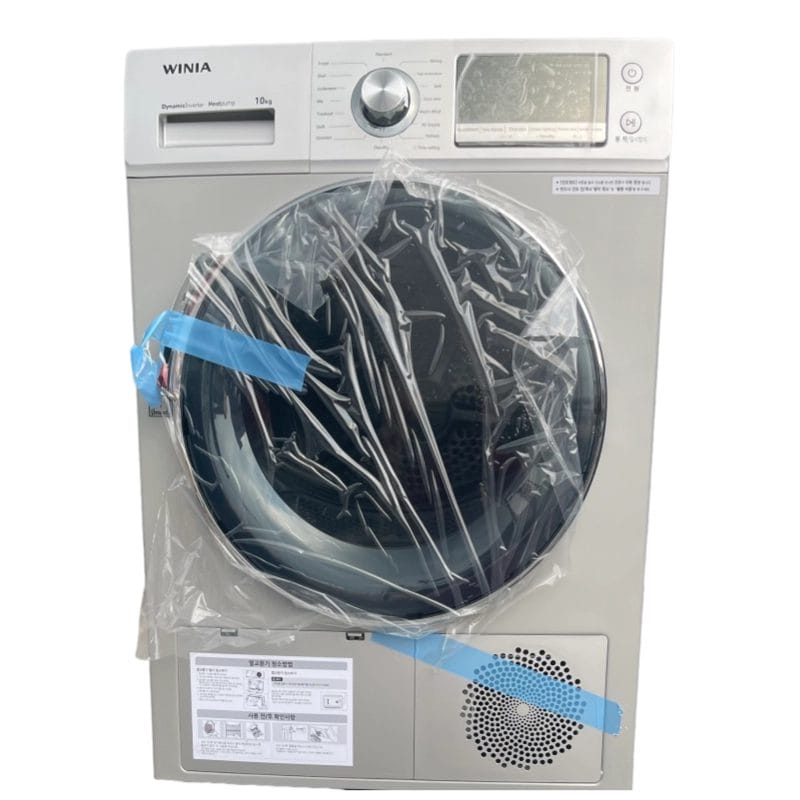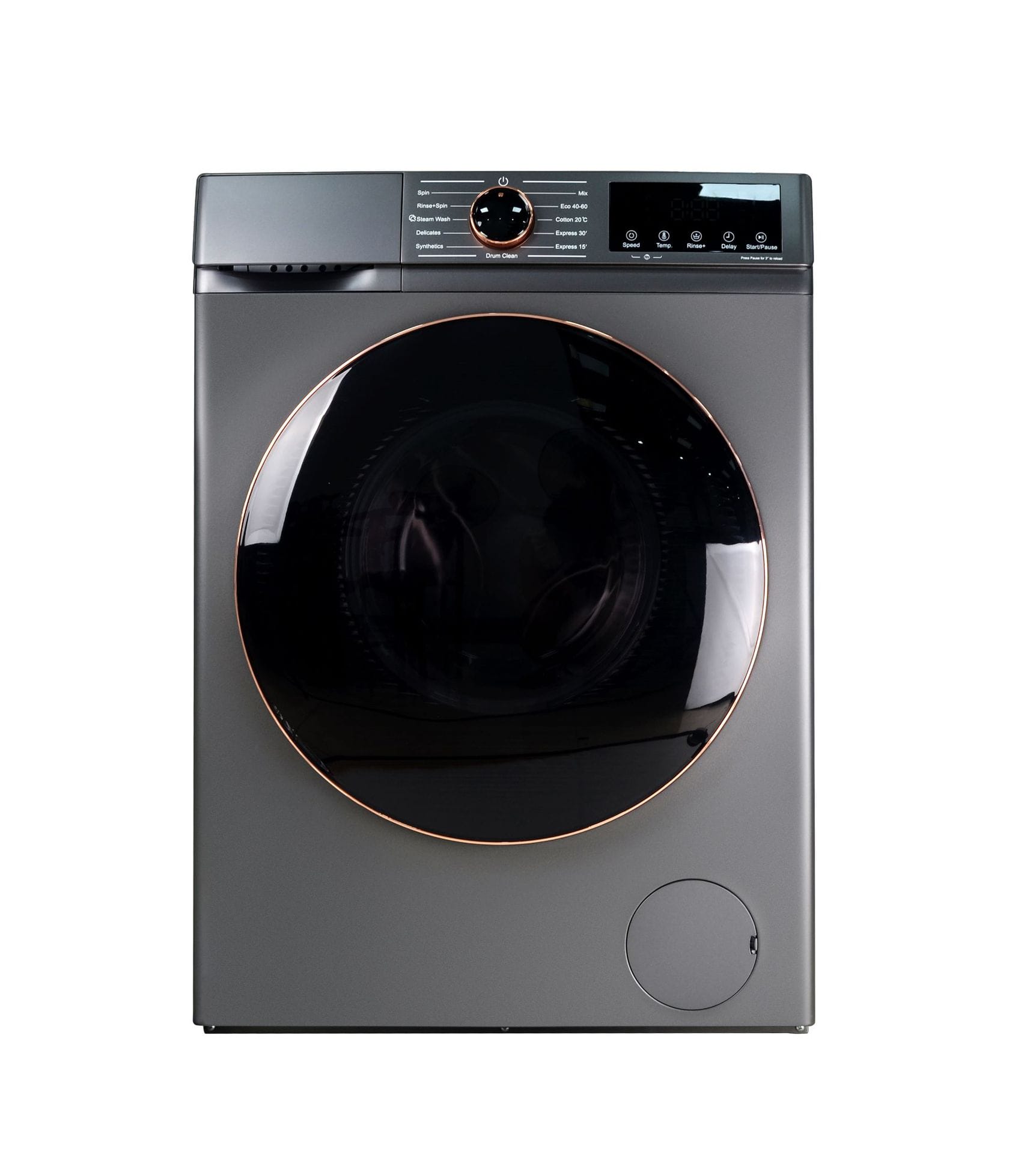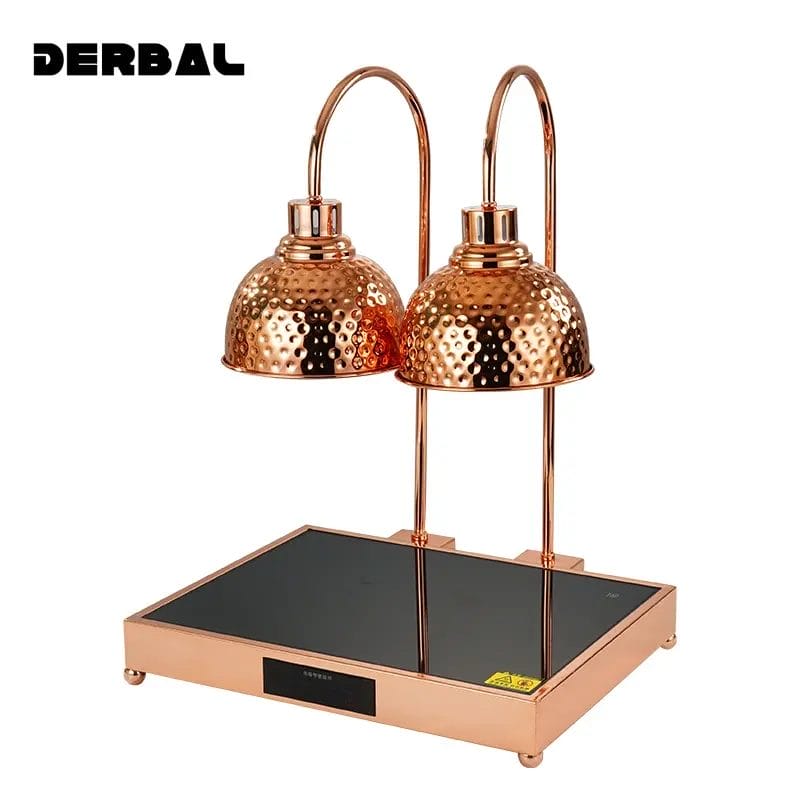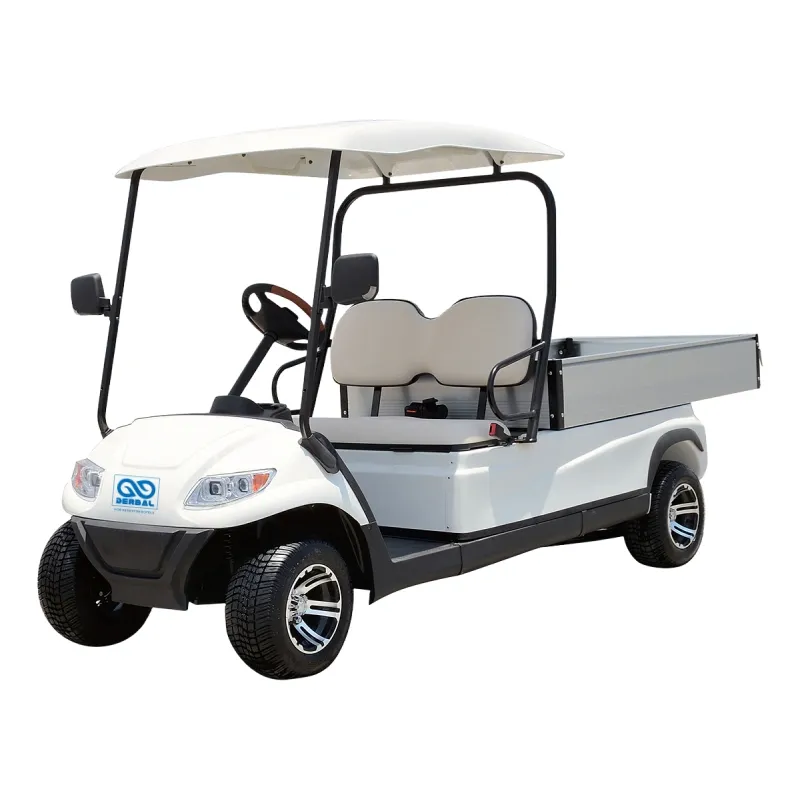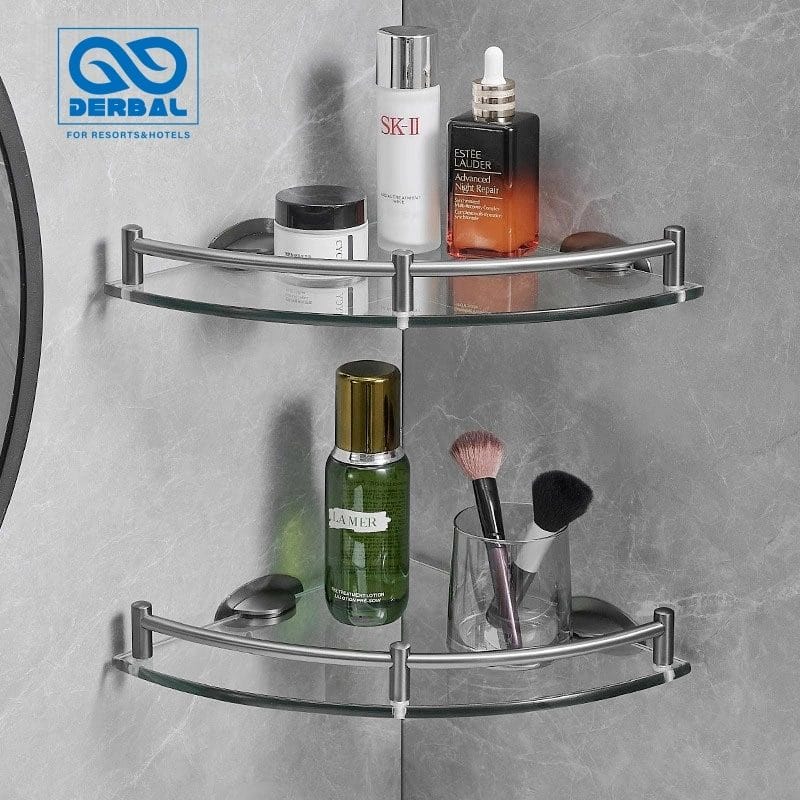Leading the way to restaurant excellence in the restaurant,the good Habits of manager is a key position, is the brain of the restaurant, is the center of the restaurant operation, then an excellent restaurant manager need to have what good work habits? Here is the Summary from DERBAL
(1) Reasonable planning of work time
enhance the effectiveness of the restaurant industry, restaurant managers as the core leader of the team, reasonable planning, sometimes appropriate to extend the work time is very necessary. Extended working hours does not mean meaningless overtime, but in order to better deal with transactional work, respond to emergencies and planning and management. Transactional work is often tedious and trivial, such as reconciling accounts, organizing inventory lists, and so on. These tasks may seem trivial, but they play a vital role in the proper operation of a restaurant. By devoting some time outside of normal working hours to these matters, you can ensure that the restaurant is well organized. Emergencies are not uncommon in the restaurant industry, such as customer complaints and equipment malfunctions. Restaurant managers need to react at the first opportunity and solve problems in a timely manner in order to avoid adverse effects on the reputation and operation of the restaurant. Proper planning of working hours can give managers more opportunities to deal with these emergencies on the spot and improve the efficiency of problem solving. In addition, planning and management is one of the important responsibilities of a restaurant manager. By learning and thinking in their spare time, managers can better plan the direction of the restaurant, develop marketing strategies and optimize staff management.
(2) Make good use of time to create value
Restaurant managers should clarify their work priorities and reorganize their time investment habits around important tasks. Time is a limited resource, the manager needs to put it into the most value-creating work, rather than be occupied by low return things. First, learn to recognize important tasks. For restaurants, improving customer satisfaction, increasing employee productivity, and controlling costs are all important tasks. Managers should devote more time to these areas, such as being personally involved in monitoring service quality, organizing staff training to improve efficiency, and negotiating with suppliers to reduce costs. Second, avoid being distracted by trivial matters. Some low-return things, such as frequent meetings and meaningless document processing, may take up a lot of the manager’s time. The manager should learn to rationalize these tasks or delegate them to subordinates. Finally, it is important to constantly reflect and adjust your time allocation. By reviewing his or her work on a regular basis, the manager can find out what time is being wasted and what could be done more efficiently. Make adjustments according to the actual situation to ensure that time is utilized in the most effective way. For example, conduct a weekly time management review to analyze their time allocation during the week, identify problems and develop improvement measures. Second, the enthusiasm and commitment to the enterprise
(3) Show Enthusiasm
build image as a restaurant manager, to make full use of every opportunity to show interest and enthusiasm for the company and its products. Whether in the workplace or in spare time, whether facing employees, customers or friends, should actively convey the love of the company. For example, when interacting with employees, share the company’s history, unique strengths and future plans to inspire a sense of belonging and pride. When interacting with customers, enthusiastically introduce the restaurant’s specialty dishes, quality service, and unique dining environment to enhance their goodwill towards the restaurant. Becoming the company’s “ambassador” not only enhances others’ perception of the company and its products, but also brings more opportunities and room for development. Through one’s own enthusiasm and self-confidence, it infects those around you and makes them confident in the company as well. This positive attitude will spread invisibly, attracting more customers, partners and excellent employees to join the company.
(4) undertake difficult tasks
exercise the ability in the catering industry, the manager should actively undertake difficult tasks. When faced with important emergencies or challenging projects, the manager should step forward and take the initiative to take responsibility. For example, during a large-scale renovation and remodeling of a restaurant, the manager needs to coordinate resources from all parties to ensure that the project is completed on time, while also ensuring the normal operation of the restaurant. This spirit of rising to the challenge not only gives the team the courage to face difficulties, but also allows everyone to identify with the manager and thus be more convinced. Undertaking difficult tasks is also a good opportunity to exercise one’s ability. In the process of solving complex problems, the manager needs to keep learning and exploring to improve his decision-making ability, communication and coordination ability as well as problem solving ability. Through one challenge after another, the manager will grow rapidly in the continuous commitment and struggle, and become a real leader who can lead the team to “fight”. Third, team management and training
(5) lead by example
lead the team restaurant manager is not only the leader of the team, but also the team’s role model. In an emergency, the manager should not hesitate to make time to lead the staff together. For example, in the restaurant suddenly ushered in a large number of customers in the peak hours, the manager can personally participate in the service work, to help order, serve, clean up the table and so on. Such action can not only improve the efficiency of work in a short period of time, relieve the pressure of employees, but also play a role in motivation, so that employees can see the manager and their determination to work together. In the process of working together, the manager is able to identify problems more intuitively. For example, it may be found that there is a link in the service process is stuck, or employees in the operation of the existence of irregularities. These problems may be difficult to detect in the daily supervision and management, but through personal involvement, the manager can make timely improvements. At the same time, the manager’s personal involvement can also make the staff more trust and respect the leadership, enhance team cohesion.
(6) Fair and Just
cohesive team fair and just is the key to the restaurant manager cohesive team. In dealing with people, the manager must do not engage in affinity, equal treatment. Whether it is to treat old employees or new employees, should be given the same opportunities and treatment. When assigning work, reasonable arrangements should be made according to employees’ abilities and specialties to ensure that everyone can play to their strengths. For example, employees who are quick with their hands and feet can be assigned to important positions during peak service hours, and careful employees can be responsible for tasks such as account checking. When a problem arises, the manager has to deal with it impartially without taking sides. Through objective investigation and analysis, the root cause of the problem will be identified and appropriate measures will be taken to solve it. Only by being fair and impartial will employees be psychologically convinced, thus building a good team relationship. Employees will also be more harmonious with each other, collaborate with each other, and work together for the development of the restaurant.
(7) cultivate new employees
inheritance of excellence restaurant managers in the training of new employees shoulder an important responsibility. First of all, to hand over to new employees to do things. New employees into the restaurant, may be unfamiliar with the workflow and operating methods. The manager can personally demonstrate, patiently explain how to receive customers, how to order, how to serve food and other basic operations, so that new employees in as short a time as possible to master reasonable operating methods, to gain confidence and a sense of achievement. At the same time, new employees should be trained to have the qualities expected of company employees. Including reporting, communication, way of speaking, attitude and other aspects. Through repeated teaching, so that new employees form subconscious conditioned reflex, in the daily work of standardized decency. From the time the new employee is assigned to the job, the manager has to take the responsibility of training. Clearly a responsible person to guide new employees, it is best to choose a 1 – 3 years of work experience, similar age. The person in charge should accomplish three tasks: first, show the new employee how to work, let him or her try and evaluate; second, carefully observe the new employee’s behavior, find problems and help to correct them; third, open the new employee’s heart, listen to the troubles and give constructive advice. It is also important to determine the training process for new employees. Start with the easier work and gradually transition to the more difficult work; transition from the routine work of fixed standard procedures to the work of strong application. Let the new employee roughly do all the work of the department, understand the interrelationships, clear order of work, cross-replacement instruction of the responsible person, to expand the scope of training. Fourth, self-improvement and habit formation
(8) regular review
Continuous progress restaurant manager as a team leader, regular review is the key to achieve self-improvement and continuous progress. By reviewing the objectives, assessing the results, analyzing the reasons, and refining the experience of four steps, can effectively avoid mistakes, consolidate the advantages and improve the disadvantages. First, reviewing goals is the starting point of review. Managers need to be clear about the work objectives set for a specific time period, such as improving customer satisfaction in the restaurant, increasing sales, and reducing costs. By clearly reviewing the objectives, clear criteria can be provided for subsequent evaluation. Next, the assessment results are an objective analysis of the actual work results. Compare the actual results with the goals set to determine if the desired goals were achieved. If it was not reached, identify how big the gap is. Then, analyzing the causes is the core part of the review. For cases where goals were not reached or problems arose, analyze the reasons behind them in depth. Is it the lack of staff training leading to a decline in service quality, which affects customer satisfaction; or is it the improper marketing strategy, resulting in sales not meeting expectations. Finally, refining the experience is an important outcome of the review. The analyzed causes are transformed into actionable lessons that can be applied in the future. If insufficient staff training is found to be the cause of customer satisfaction, then a more systematic staff training program can be developed to strengthen the service skills and professional knowledge training for staff. At the same time, the success of the experience to sum up and promote, such as in a certain period of time to adopt an effective marketing strategy, making a substantial increase in sales, then you can optimize and replicate this strategy, applied to other periods or different stores.
(9) hold effective
meetings to improve efficiency restaurant managers should learn to hold effective meetings to improve efficiency. It is key to first determine the type of meeting. According to different purposes and needs, can be divided into regular daily meetings, special meetings, decision-making meetings, etc.. Regular daily meetings are mainly used to report on the progress of work, coordination of day-to-day affairs; thematic meetings are aimed at specific issues for in-depth discussion and the development of solutions; decision-making meetings are designed to make major decisions. After determining the type of meeting, it is important to follow the appropriate format. For example, for regular daily meetings, the order of reporting and time limits can be determined in advance to ensure that the meeting is conducted efficiently. For thematic meetings, relevant information should be collected in advance and professionals should be invited to participate to ensure in-depth and effective discussions. The goal of the meeting is to reach consensus and produce results. Therefore, in the course of the meeting, the manager should guide the participants to focus on the theme of the discussion, avoiding off-topic and lengthy speeches. At the same time, it is necessary to summarize the results of the discussion in a timely manner, clarify the responsible person and time nodes, and ensure that the decisions of the meeting can be effectively implemented. After the meeting, the meeting should be followed up. The manager should regularly check the implementation of the meeting decisions, solve the problems in a timely manner, and ensure that the results of the meeting can really land. For example, in the store daily meeting, analyze the day’s performance and customer feedback, after the development of solutions, the store manager is responsible for following up on the implementation of the situation to ensure that the problem is resolved in a timely manner.
(10) Dare to recruit
enhance the team restaurant managers should dare to recruit people better than themselves, show confidence, and inject new energy and wisdom into the team. First of all, the manager should have an open mind and broad vision, recognizing that the team needs different backgrounds, different skills in order to achieve better development. Daring to recruit not only reflects the manager’s self-confidence, but also stimulates the enthusiasm of team members. When there are better talents joining the team, a positive competitive atmosphere will be formed, prompting other members to continuously improve themselves and contribute more value to the team. At the same time, recruiting people who are better than you can also improve the overall strength of the team. These talents may bring new ideas, new methods and new technologies to help the team break through existing bottlenecks and achieve higher goals. In order to make these talents work better, the manager should give them full trust and support, and provide them with a good working environment and space for development. So that they can give full play to their strengths in the team and contribute to the development of the enterprise. In this way, the enterprise can run well and realize sustainable development without daily management. Fifth, the art of leadership and decision-making ability
(11) good Habits of decision-making
co-ordination of the overall situation restaurant managers play a vital role in the decision-making process. Superior instructions for the development of the restaurant often indicates the general direction, the manager needs to be combined with the actual situation for in-depth analysis. In the face of a variety of programs, to fully consider the advantages and disadvantages of each program, cost-effectiveness and potential risks and other factors. For example, when deciding whether or not to launch a new dish, the manager can compare the production costs of different dishes, market demand and expected revenue. 60% of successful restaurant decisions are made after thorough analysis and comparison. At the same time, the manager should also consult widely with team members, focusing on the wisdom of the majority to ensure the correctness of the decision. Through the convening of team meetings, so that everyone can fully express their views, in-depth discussion of different points of view, so as to reduce the possibility of decision-making errors.
(12) Reasonable use of people
Play expertise restaurant managers should be good at discovering the strengths of all levels of leadership and all types of personnel, to make the best use of talent. In the arrangement of tasks, according to the ability of different people and expertise for reasonable distribution. For people with culinary expertise, can be arranged to be responsible for the development of new dishes; for people who are good at communication and coordination, can be arranged to deal with customer complaints and other work. Through reasonable employment, can give full play to the advantages of each person to ensure the successful completion of the special task.
(13) Lay out the task
clear direction restaurant manager through the meeting to set up the task, can let the team members clearly understand what they have to do. In the meeting, the manager should be clear about the objectives of the task, requirements, time nodes and other key information, so that everyone has a clear idea. This facilitates coordination among team members and ensures that the leadership group is in step. At the same time, the manager can also encourage everyone in the meeting to put forward questions and suggestions to further improve the task layout and improve work efficiency.
(14) fully authorized to stimulate enthusiasm
restaurant manager should dare to fully authorized to the staff, so that they have the appropriate power within the scope of the completion of the task. Employees are fully responsible for the effect of the authority granted, which can greatly mobilize their enthusiasm and creativity. For example, the manager can authorize the waiter to deal with customer complaints within a certain range, giving them the authority to give certain discounts or the power to give small gifts. According to the survey, 75% of the employees in the full authorization, work enthusiasm and satisfaction increased significantly. At the same time, the manager in the authorization process to clarify the boundaries of responsibility and authority to ensure that employees exercise their authority on the right track to successfully complete the work task.
(15) check supervision
Implementation of the work of the restaurant manager of the tasks set out to check supervision is to ensure the implementation of the work of an important part. Manager to regularly check the progress of the task, timely detection of problems and take measures to solve them. In the inspection process, we should be good at discovering good methods and experience, and promote them in a timely manner in order to improve the overall work efficiency. At the same time, wrong practices should be corrected in a timely manner to avoid the expansion of the problem. For example, in the restaurant service quality inspection, the manager found that a waiter’s service style is particularly popular with customers, and can organize other waiters to learn. For employees with bad service attitude, they should be criticized and educated and urged to correct them. In addition, the manager also needs to provide timely feedback through the inspection and supervision, communicate with team members, understand the difficulties and needs in the process of task implementation, and provide them with the necessary support and assistance.
(16) Summarize and improve
Adapt to the development of the restaurant manager in the work of the restaurant manager should continue to summarize the lessons learned to adapt to the new needs of social development. The manager can regularly organize team members to summarize the work and review the successes and failures in the work of lessons learned. For emerging situations and problems, in-depth analysis should be conducted to find solutions. For example, with the increasing consumer demand for healthy diets, the manager can summarize the development strategy of healthy dishes suitable for the restaurant. At the same time, the manager should also put forward higher standards and requirements based on the summarized results to promote the restaurant’s continuous progress. Through continuous summarization and improvement, the restaurant manager can lead the team to better adapt to the changes in social development and stand invincible in the fierce market competition.
Above Writing Provided by DERBAL Team, An professional Hotel Supplies China Vendor
Same Link you can see from our LinkedIn Company Page
Other habits that can help restaurant managers include:
Problem-solving
Restaurant managers need to be able to solve problems quickly and creatively so that the restaurant can run smoothly.
Leadership
Restaurant managers need to be able to form professional relationships with their teams and delegate tasks efficiently.
Communication
Restaurant managers need to be able to communicate clearly and understandably with people from a variety of backgrounds.
Conflict resolution
Restaurant managers need to be able to resolve conflicts early so that teamwork doesn’t break down.
Customer service
Restaurant managers need to provide exceptional customer service to build customer loyalty and encourage new customers.
Food safety
Restaurant managers need to maintain food safety by constantly monitoring operations.
Attention to detail
Restaurant managers need to be able to notice everything that happens and solve problems when appropriate.
Staff scheduling
Restaurant managers need to create effective staff schedules that balance labor costs with sufficient shifts to provide good customer service.





